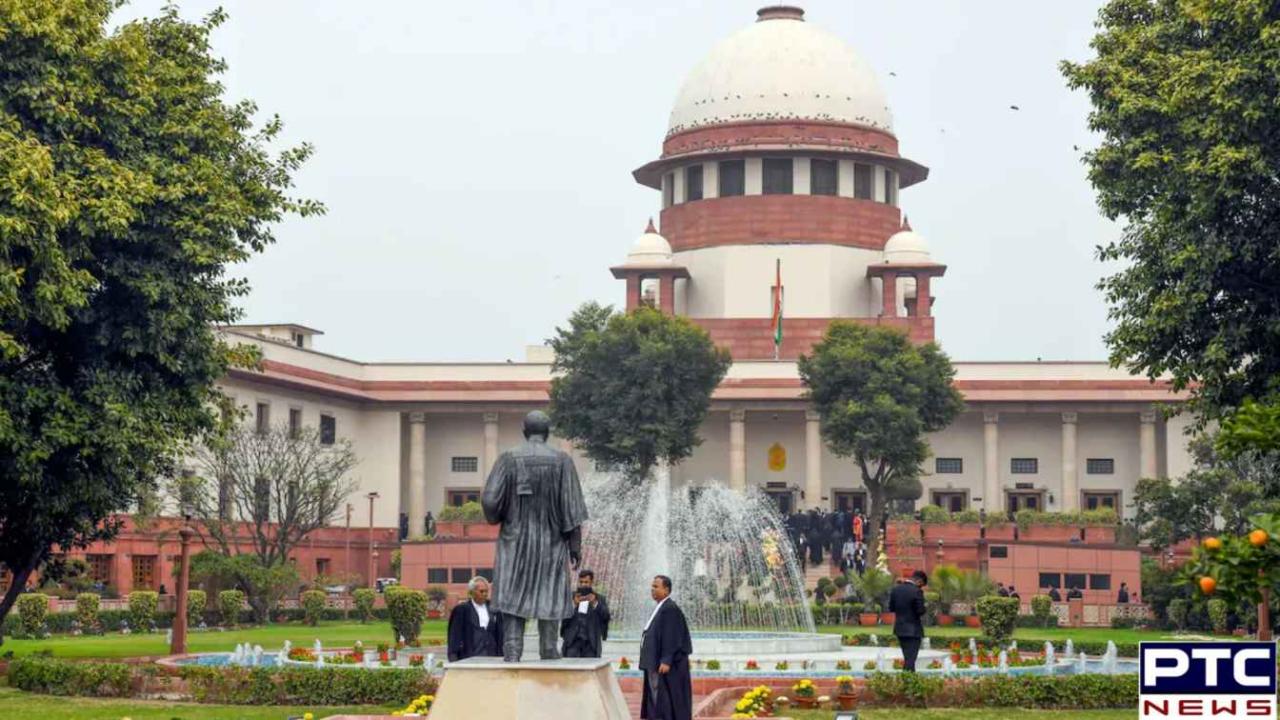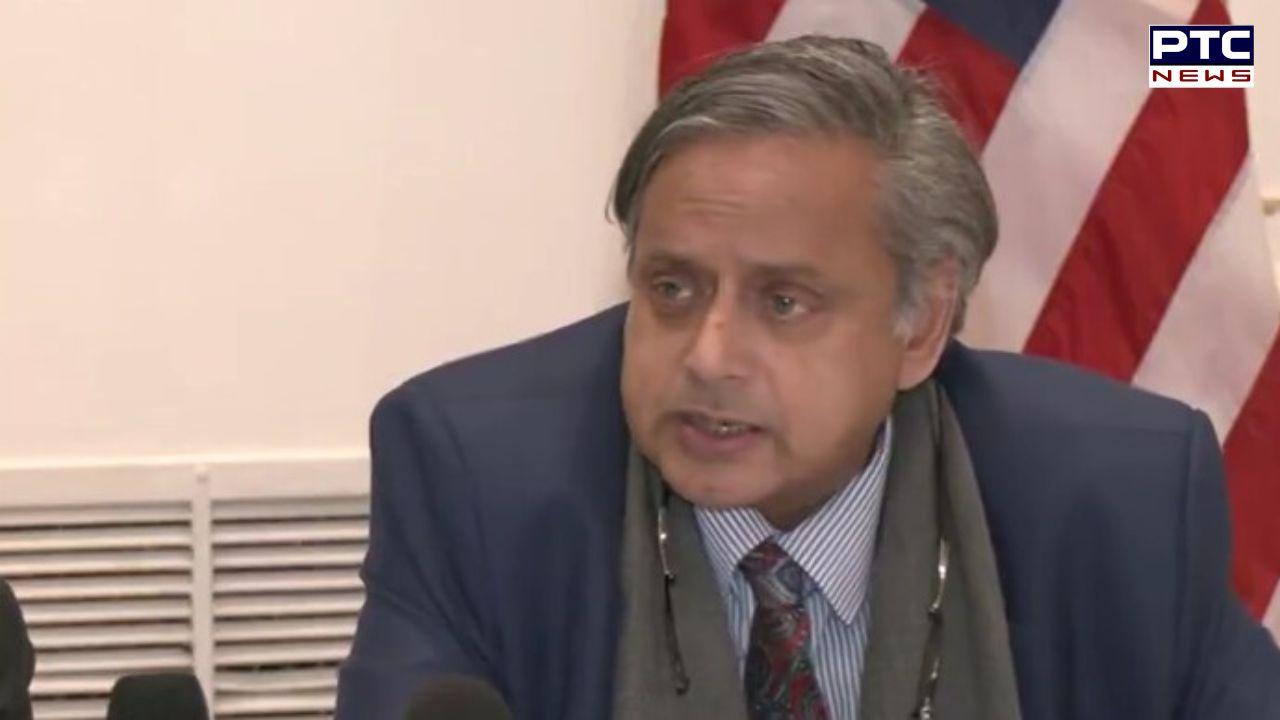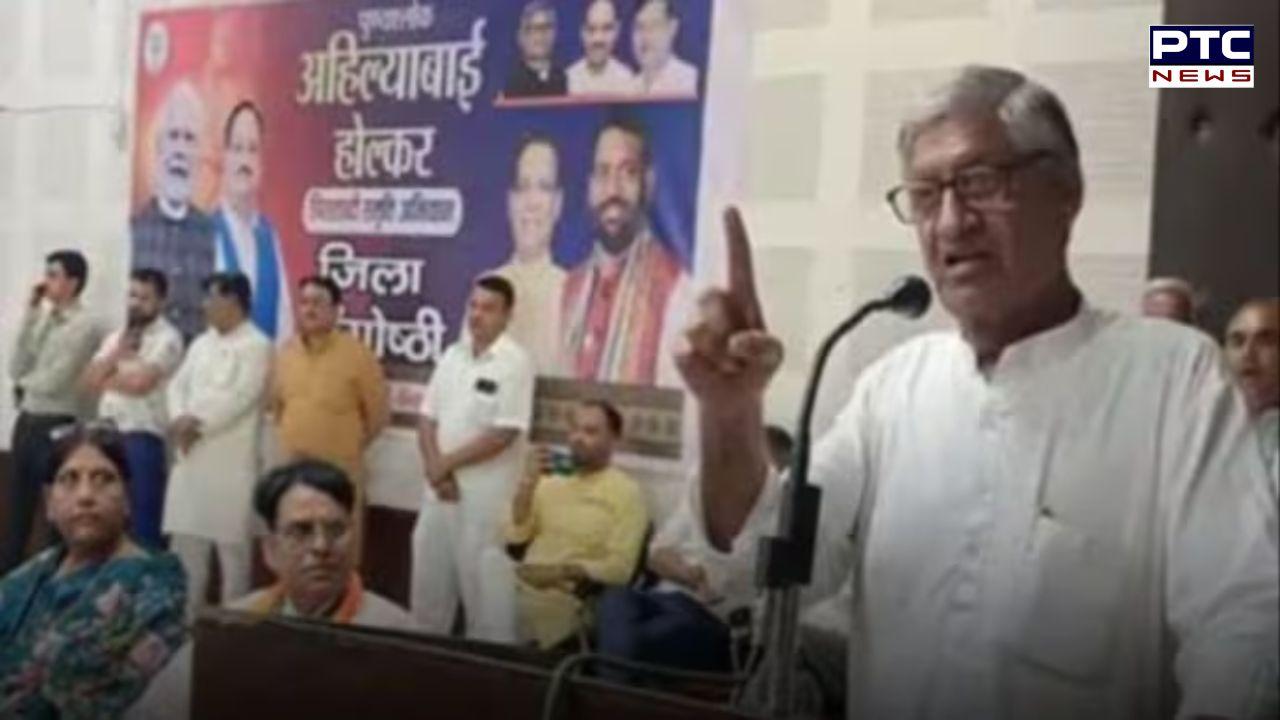Downloading and viewing child exploitation material an offense under POCSO: Supreme Court
Chief Justice of India (CJI) DY Chandrachud and Justice JB Pardiwala's bench declared that the Madras High Court made a grave mistake in issuing the ruling.

PTC News Desk: In a landmark ruling aimed at strengthening protections against child abuse, the Supreme Court of India declared that downloading and viewing child exploitation material is a criminal offense under the Protection of Children from Sexual Offences (POCSO) Act. This decisive judgment was delivered by a bench comprising Chief Justice of India DY Chandrachud and Justice JB Pardiwala.
The Supreme Court's ruling overturned a previous decision by the Madras High Court, which had stated that merely downloading and viewing such material did not constitute an offense under the POCSO Act. The Supreme Court criticised the high court for committing an "egregious error" in its interpretation of the law, emphasising the serious implications of child exploitation and the necessity of strict legal measures to combat it.
The case that prompted this ruling involved a 28-year-old man who was charged with downloading child exploitation material onto his mobile phone. The Madras High Court had quashed the criminal proceedings against him, arguing that children today face significant challenges related to the consumption of adult content, and suggesting that society should focus on educating children rather than punishing individuals for such actions.
However, the Supreme Court disagreed with this perspective and reinstated the criminal proceedings against the accused. The ruling underscores the court's commitment to upholding the stringent measures set forth in the POCSO Act and sends a strong message regarding the legal responsibilities of individuals in safeguarding children from exploitation.
This judgment is expected to reinforce the enforcement of child protection laws and serve as a deterrent against the downloading and distribution of child exploitation material, thereby contributing to the broader goal of preventing child abuse in society.


